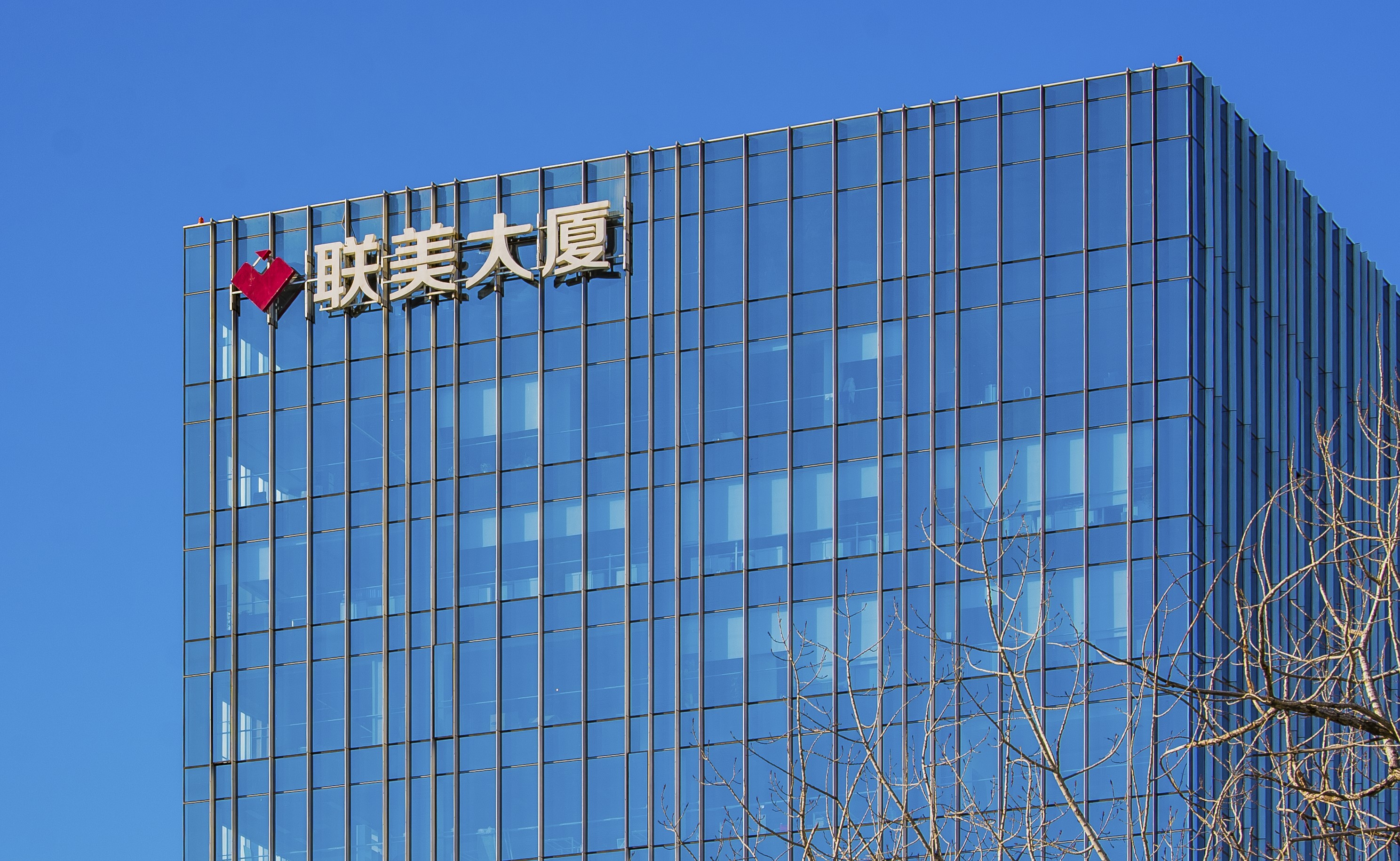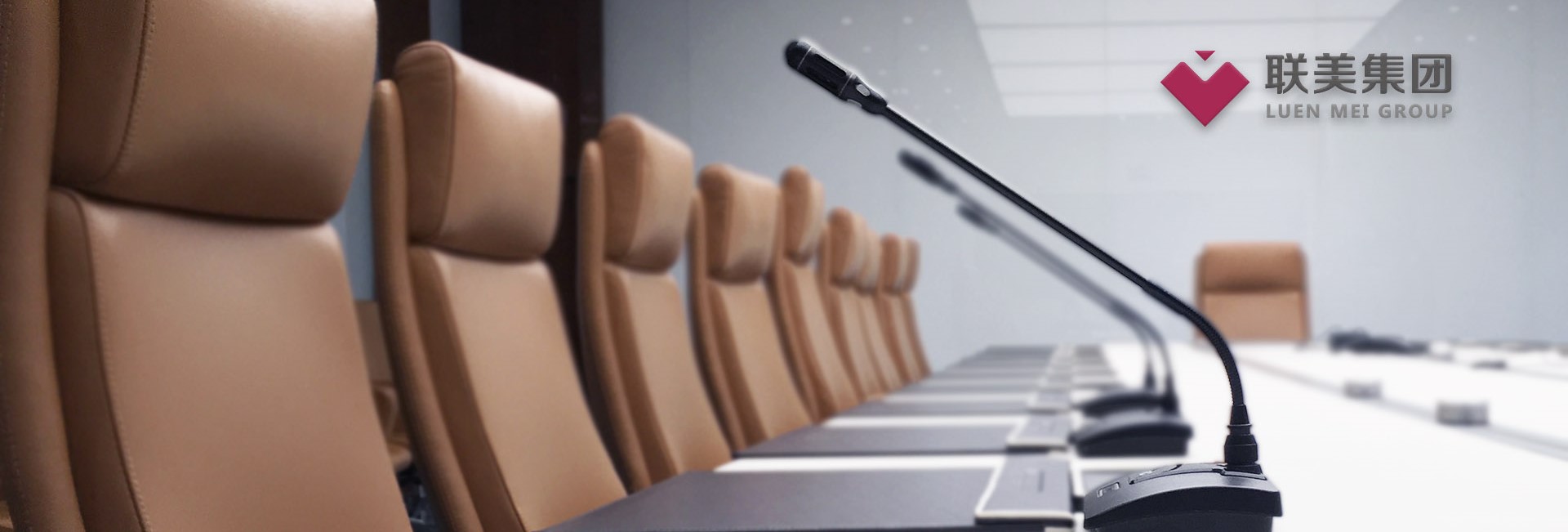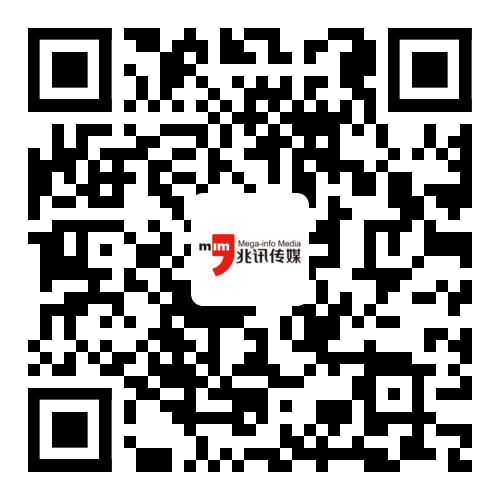[Guizhou Daily] : Guizhou Anjiu’s “Way of Maotai Flavor”
Release Time:2021-04Guizhou is a land of a splendid landscape and fine liquor.
Guizhou Anjiu has had its fair share of ups and downs in history. After all this, its essence remains, and it is set to rise again.
On April 16, the 2021 Guizhou Liquor Enterprise Development Roundtable Meeting took place in Xishui. It was held by Guizhou Anjiu Group in partnership with Xijiu, after initiated by Moutai Group and Guizhou Daily & Guizhou Today Convergent Media Group under the guidance of the Department of Industry and Information Technology of Guizhou Province. The meeting’s theme was “First-rate product, first-rate enterprise, first-rate industry, first-rate production area – ushering in a new golden age of the Guizhou liquor industry cluster”.
During the meeting, Lu Tong, president of Guizhou Anjiu, delivered a keynote speech titled “Taking root in the Guizhou bank of the Chishui River, being a long-termist in the Maotai-flavored liquor core production area”. In his speech Lu explored the possibility of co-development of Guizhou liquor brands in solidarity, which have their own merits and can coexist. He went on to give his opinion on how an old famous liquor brand could be reinvigorated and proposed the “Way of Quizhou Maotai Flavor”, which attracted massive interest.
A Century of the Maotai Flavor Dream, Flowing along the Chishui River
Guizhou Anjiu is a familiar and strange brand name to the Chinese liquor industry.
It is familiar because it was one of the famous liquor brands in Guizhou in history; it has had better days. It is strange because it has, in recent years, been low-profile and committed to developing high-quality Maotai-flavored liquor.
Its obsession with good liquor is not only embodied in its commitment to quality; more importantly, history has taught it a tradition that has remained unchanged over the past century.
If we could travel back to the 1930s and could, through the dense fog of history, see the past and present of Guizhou Anjiu, we would have a more intuitive feeling of this tradition.
In 1930, Zhou Shaocheng, born of a family practicing traditional Chinese medicine for generations, concocted Baiweisan with more than 100 Chinese medicinal herbs through Guizhou’s traditional folk medical yeast processes on the basis of a secret ancestral yeast-making formula. When crushed into tiny pieces, the concoction was mixed with wheat bran to produce distiller’s yeast.
Meanwhile, Zuiqunfang repeatedly compared and tasted such famous liquor brands as Huamao, Wangmao, and Laimao, while exploring and studying the distilling processes of Maotai Town. After years of efforts, it successfully developed a premium liquor product called “Kaizengbanchengxiang” (meaning in Chinese that half of the town feels the aroma when the bottle is opened). It was called “Anmao” by liquor enthusiasts at that time.
In 1951 after the founding of New China, the government expanded Zuiqunfang and, at the same time, renamed it as State-run Anjiu Factory.
After the factory was launched, Guizhou Anjiu quickly entered a period of prosperity because of its high product quality.
At the First National Distillery Conference in 1955, Guizhou Anjiu was ranked as one of two First-class Liquor Brands, the other being Moutai.
In the First Guizhou Province Famous Liquor Appraisal in 1963, Guizhou Anjiu, together with Moutai and Dongjiu, was honored as “Guizhou Famous Liquors”, becoming one of the eight major liquor brands in Guizhou.
After that, Guizhou Anjiu received this honor in the following editions of this Famous Liquor Appraisal.
In 1986, Guzhou Anjiu saw its production capacity exceed 10,000 tons, becoming one of the six distilleries with a capacity of 10,000 tons or more in China.
In 1988, Guizhou Anjiu Group was founded – it was the first Chinese liquor group. In the same year, Guizhou Anjiu won the WorldStar award from the World Packaging Organization. At the Fifth National Liquor Appraisal in 1989, it was honored as “National High-quality Liquor”.
Up to 1991, the output of Anjiu had been No. 1 nationwide – a wonder for Guizhou liquors. That year was also a historic one for Anjiu, for many important leaders visited its factory on their inspection tours; this was rare in the history of the Chinese liquor industry and laid a foundation for the glory of Anjiu.
Meanwhile, Guizhou Anjiu sold well all over the country and was even exported to more than 60 countries and regions. It simply could not produce enough to meet demand in such places as Beijing, Henan, and Shandong, truly signifying its popularity at that time.
Unfortunately, the unregulated growth of the market did damage to the images of many liquor brands; the market was flooded with a huge number of fake products, produced from unknown places while consumers had difficulty distinguishing between the genuine and counterfeit products. Moreover, in 1992, though the government’s “regulation and correction” of the macro-economy drew to an end, its impact still weighed on the liquor industry.
Due to the cyclical “corrections” of the industry, there was not much that Anjiu could do alone at that time. Thus set back in its development, Guizhou Anjiu began to think: Where is the way out?
In the new century, Guizhou Anjiu rejuvenated itself. On the basis of learning lessons from history and making market analysis, it finally decided to stick to its original mission and its own way, and to produce high-quality liquor – Guizhou Anjiu. It began to deploy its Maotai-flavored liquor production base in Xishui County in the Chishui River area, where it began distilling Maotai-flavored liquor.
In 2020, construction work began on Anshui Chishui Wine Valley. It signified the rise of Guizhou Anjiu in the golden river valley – the Valley was expected to have an annual capacity of 30,000 tons of daqu Maotai-flavored liquor, 60,000 tons of high-quality high-temperature daqu, and 180,000 tons of liquor restored in pottery jars.
Nowadays, if Guizhou Anjiu, a rejuvenated classical liquor brand, was described just as an “old famous liquor”, that would be an insufficient description. In fact, Guizhou Anjiu is also “old Maotai-flavored liquor”.
As we can say with certainty, Guzhou Anjiu as a Maotai-flavored liquor dates back to 1930, whether we look at the process and tradition of daqu in Guizhou or at the development history of “Anmao” before the founding of New China. It has been a true part of Guizhou Anjiu history, indicating that Guizhou Anjiu began to accumulate and develop a long time ago.
From 1930 to 2021, the “Maotai Flavor Dream” of Guizhou Anjiu has lasted for close to a century. This period has witnessed the deployment of Xishui Maotai-flavored Liquor Production Base at the beginning of the new century and the plan and building of “Anshui Chishui Wine Valley” in 2020. Times change, but Maotai-flavor liquor, distilled with craftsmanship, remains unchanged. Today, Guizhou Anjiu has converted its potential into momentum, and its advantages into winning trends.
And this is just the beginning.
Commitment to Quality and Emphasis on Distilling with Craftsmanship
As for Guizhou liquor, commitment to quality is the right way of making the brand everlasting.
Quality is not only the lifeline for Guizhou liquor but also a topic that cannot be avoided. Commitment to quality calls for decades of perseverance. In the face of temptations, Guizhou Anjiu has stayed true to its principle.
“In distilling Maotai-flavored liquor, we need to respect natural laws and be friends with time, which means long-termism,” said Lu Tong, president of Anjiu Group. “Without capacity, there is no status; without scale, there is no profit.”
Industry insiders all understand that, as for Maotai-flavored liquor, base liquor reserve is the key to making fine, mellow liquor.
In 2011, Guizhou Anjiu had three buildings as its Maotai-flavored liquor production facilities, 180 fermentation pits, and a production capacity of 1,500 tons. In 2018, the number of buildings increased to eight and the pits to 480, with a capacity of 3,800 tons.
In 2020, Guizhou Anjiu boasted 14 buildings as production facilities, 840 fermentation pits, and a production capacity of 7,000 tons. This year, the number of its buildings as production facilities will increase to 21 and pits to 1,260, with a capacity of 10,500 tons.
Of course, this will not be the final figure in the foreseeable future.
Upon completion of Anjiu Chishui Wine Valley involving RMB 10 billion in investment and covering an area of 1,500 mu, Guizhou Anjiu will, as planned, attain a comprehensive capacity of 30,000 tons of daqu Maotai-flavored liquor, 60,000 tons of high-quality high-temperature daqu, and 180,000 tons of liquor stored in pottery jars. And it will become one of the leading enterprises in the high-end Maotai-flavored liquor sector in China.
“Whether it is a Maotai-flavored liquor producer or a selling enterprise, it must respect laws and rules about Maotai-flavored liquor.” Guizhou Anjiu is well aware of this principle and makes each bottle of Maotai-flavored liquor with craftsmanship.
For many years, Guizhou Anjiu has adhered to the 12987 traditional Maotai-flavored liquor process – 12 months for a production cycle; 2 rounds of sorghum processing; 9 times of steaming and cooking; 8 rounds of fermentation; 7 times of liquor fetching. It distills liquor strictly in accordance with the four seasons: making yeast on the Dragon Boat Festival; carrying out the first sorghum feeding on the Double Ninth Festival. “During the fermentation, you may not open the pit even a minute earlier. And you may not open the jar one minute earlier during the aging process.” The craftsmanship standards as developed by Zhou Shaocheng in 1930 have been passed on at Anjiu, which has brought it to new heights in turn.
Below is a telling case.
In a distilling workshop of Guizhou Anjiu, Wu Shiying, a veteran with over 30 years of experience in distillery, paces around the pit numerous times each day, closely watching the changes happening inside and outside the pit.
At the end of February when Guizhou Anjiu starts its full-scale “two-cycle liquor” production, Wu becomes busier, as every detail in the pit decides whether this batch of liquor will meet expectations.
“When we look at the lees, the fermented grains are supposed to be moist with the right amount of fermentation and to have an aroma. From the perspective of pot operations, the fermented grains are supposed to melt when meeting the steam, the foam of the distilled liquor should be round and full, and the output should comply with the Maotai-flavored cyclical distillery law!” said Wu.
To ensure that every drop of its Maotai-flavored liquor is of high quality, Guizhou Anjiu has rigorously adhered to its Five 100% standards: 100% distilled from the bank of the Chishui River; 100% made of red-tassel glutinous sorghum; 100% stored in pottery jars; 100% restored for a full period of five years; 100% produced in-house. It is with such standards that Quizhou Anjiu has built a quality “moat” for its premium Maotai-flavored products.
This case represents the perfection that Guizhou Anjiu has pursued in its decades of relentless efforts in a low profile.
“If you want to make a quick buck, never, ever make Maotai-flavored liquor.” It is not by accident that Guizhou Anjiu has entered the field of Maotai-flavored liquor; in fact, it has, without making any noise, developed Maotai-flavored liquor for years. And its products were not marketed until last year.
“The aroma of Guizhou Anjiu is softer, like the fragrance from a butterfly orchid. It feels mellow and moist in the mouth and has a lasting aftertaste. Feel the aroma from the glass after finishing the liquor, and you’ll know the craftsmanship and effort put into the making of such liquor.”
“Guizhou Anjiu, I tasted it seriously. And I’d like to describe it as “having the right aroma and taste.”
After Guizhou Anjiu (Classical) was marketed, consumers who visited the factory and tasted the liquor cast their vote of confidence with their “tongue tips”; even quite some distributors got their distributorship as soon as they could. As they all agreed, “Guizhou Anjiu is a representative of new forces in the high-end Maotai-flavored liquor sector. It is well-known for its quality advantages, market potential, brand awareness, and room for development.”
“A liquor brand developed in a reclusive way/Half of the town knows its aroma when the bottle is opened.” With its continued classics and complete sincerity, Guizhou Anjiu is not only popular with distributors and consumers but also recognized by the industry and government.
In the recent spring edition of Sugar & Wine Fair, Guizhou Anjiu as a “dark horse” won four major awards – quite an achievement for it.
At the “First China Maotai-flavored Liquor New Leader Conference”, Guizhou Anjiu won the “New Leading Enterprise Award”; at the “First China Maotai-flavored Liquor T20 High-quality Development Summit”, Guizhou Anjiu was honored with the “Maotai-flavored Liquor T20 Enterprise Award” together with other top 20 enterprises in comprehensive performance, such as Moutai and Xijiu.
At the “China Maotai-flavored Liquor Brand Influence Top 100 Awards Ceremony”, the “Anjiu Chishui Wine Valley” liquor-tourism integrated value experience project was honored as one of the “Top 10 Cases of the Year”; its product, Guizhou Anjiu (Classical), was honored as one of the “Top 10 High-end Products”.
The four major awards highlight the strength and innovation of Guizhou Anjiu; they also represent the recognition and approval of Guizhou Anjiu by the industry and consumers.
In mid-March, the Department of Industry and Information Technology of Guizhou Province published its list of provincial leading and high-growth enterprises for the “1,000 Enterprise Improvement” project. The “Luen Mei Xishui 20,000-ton Maotai-flavored Liquor Technological Improvement and Capacity Expansion Project” of Guizhou Anjiu was included in the list as a “Provincial High-growth Enterprise”.
Guizhou Anjiu was listed as a “Provincial High-growth Enterprise” for two reasons. First, liquor is an important industry and a characteristic advantageous industry in Guizhou Province, while Guizhou Anjiu is an indispensable part. Second, the listing serves as a witness to the potential and prospect of Guizhou Anjiu.
Co-development in Concentration, Building Product Area Together
In recent years, Guizhou has witnessed its liquor industry develop drastically.
Such development was highlighted from the first “Government Setting Up Stage and Enterprises Acting” Guizhou Liquor Tour China launched in 2014 and wildly popular all over the country, to the Seventh China (Guizhou) International Alcoholic Beverages Expo successfully held in 2017; from the phenomenal popularity of Maotai-flavored liquor driven by the Moutai dividend in early 2017, to the World’s Top 10 Liquors – Zunyi Production Area Statement published in early 2018.
As revealed by all signs, concentration is the only way to success, just as all flowers in blossoms make the season of spring.
Against this backdrop, in 2018, the First Guizhou Liquor Enterprise Development Roundtable Meeting took place in Maotai, after initiated by Moutai Group and Guizhou Daily & Guizhou Today Convergent Media Group under the guidance of the Department of Industry and Information Technology of Guizhou Province.
The attending enterprises all came to realize in depth that defensiveness and local close-ended competition would result in stagnation and that coexistence and sharing were the only road to development.
Up to date, there have been four editions of this roundtable meeting; the recent edition rotated to Guizhou Anjiu. Its theme was “First-rate product, first-rate enterprise, first-rate industry, first-rate production area – ushering in a new golden age of the Guizhou liquor industry cluster”.
The meeting had a well-defined theme, during which speeches were given in a concise, practical, and efficient way. The attendees took stock of and pointed out issues, summarized experience, and provided encouragement for each other. Collectively they made suggestions on how the liquor industry in Guizhou should develop in a high-quality manner.
“The Guizhou liquor development roundtable meeting is not only an important platform for the Guizhou liquor family to voice their opinions but also a window showcasing the development of the Guizhou liquor industry to the outside world.”
In its different editions, the roundtable meeting evolved from “Working Out Liquor Development Strategy Together, Partnering with Each Other to Tap into World of Liquor” in 2018 and “Further Promoting Guizhou Liquor Consensus, Continuing to Develop in Competition and Cooperation” in 2019 to “All Guizhou Liquor Enterprises Competing in Production Area and Developing towards the Same Goal” in 2020. While having one consistent theme, the meeting has brought to fruition some important consensuses, such as “Guizhou Liquor Enterprise Development Consensus”, Guizhou Liquor Craftsmanship Inheritance Plan for 2025, and “2020 Guizhou Liquor Enterprise Development Roundtable Meeting Annual Consensus”.
This year, the roundtable meeting had the 14th Five-year Plan as its theme and raised itself to a higher level on the basis of the three previous editions. This meeting featured the latest industry analyses from China Alcoholic Drink Association, China National Food Industry Association, China Alcoholic Drink Circulation Association, and China Association for Quality.
Meanwhile, the meeting invited entrepreneurs from a wider range of fields to broaden its horizons. The No. 1 figures and senior executives from famous liquor enterprises in Guizhou were invited to “Liquor Valley Seminar”. Besides, the leaders from medium-sized enterprises and “new forces in the Guizhou liquor industry” were invited to “Riverbank Forum”. In this way, more fresh, sharp, and diversified voices could be heard at the meeting.
Moreover, its topic-specific seminar was joined by senior experts from the liquor industry of Guizhou and leaders of excellent upstream and downstream suppliers of the liquor industry, focusing on the “Big Future of Liquor”.
In his speech for this event, Lu Tong said that, through the collective efforts “government guidance, government-enterprise interaction, enterprise-enterprise alliance”, the “Four First-rates” have become the Guizhou liquor industry development consensus. He added that Guizhou Anjiu would, in response to the government policy, capitalize on its advantages and help develop Guizhou’s liquor industry in a high-quality manner, making contributions to the building of a core area in the world-class Maotai-flavored liquor industry base.
Currently, Guizhou has formulated guidelines for developing its liquor industry in a new age: “Capitalizing on the leading advantage of Kweichou Moutai, building Guizhou Maotai-flavored liquor brands of various levels”.
In its 14th Five-year Plan proposals, Zunyi has made it clear that it will, with Kweichou Moutai as the leader, speed up the development of a batch of liquor enterprises each with RMB10 billion worth of revenue and RMB100 billion worth of market capitalization; it will develop its fleet of world-class Maotai-flavored liquor enterprises with Kweichou Moutai Group as the craft carrier and build a core zone of the world-class Maotai-flavored liquor production area.
In addition to consolidating the Maotai Town Core Production Area, Zunyi will expedite the development of such production areas as Xijiu and Tucheng; it will keep improving the brand awareness and influence of the brands in the production areas, standardize and enhance the environment for Maotai-flavored liquor production and operations so that the Maotai-flavored liquor industry can develop in a healthy and sustainable manner.
“With policy guidance from the government, the enterprises are going all out to develop in a hot industry. The liquor craft carrier fleet of Guizhou is set to sail,” said an industry insider in his analysis. Anjiu has set out again on its classical journey. With its craftsmanship and strength, it will become a “cruiser” in the liquor craft carrier fleet of Guizhou, serving as a good example for the healthy development of Guizhou liquor!”
(source:Guizhou Daily)
- Luen Mei Quantum’s Guohui New Energy Receives the Title of “Dedicated, Refined, Distinctive and Innovative” Enterprise in Liaoning Province
- TERRAKÉ China Celebrates Its Tenth Anniversary in Grand Style
- FORVIL’s Chinese Official Website 2.0 Launched
- Bingjun LI, Deputy Secretary of the CPC Guizhou Provincial Committee and Governor of Guizhou Province Conducts a Research Visit to Guizhou Anjiu














